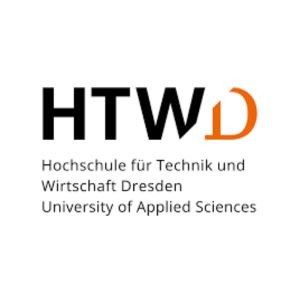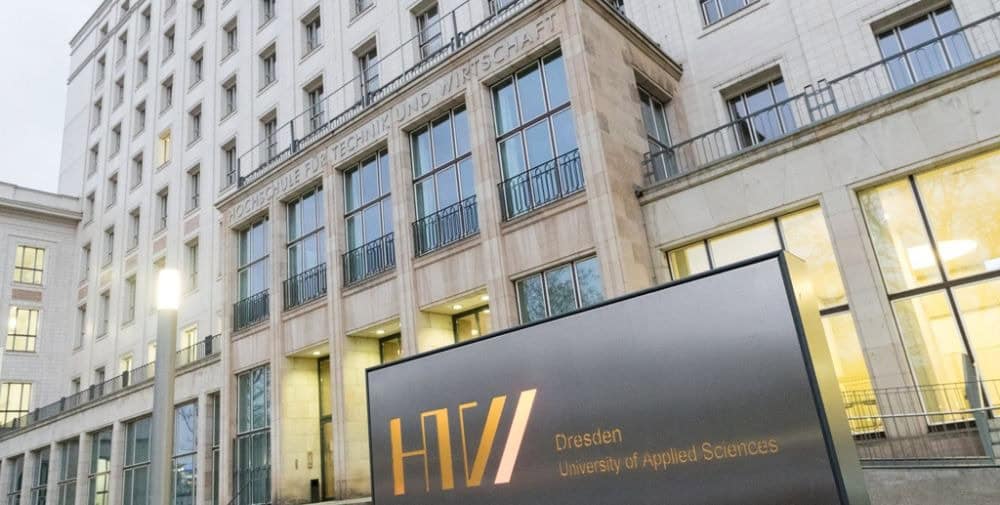Company type
Hochschule für Technik und Wirtschaft Dresden
Target markets
Industries
Portfolio
Certificates

Contact
01069 Dresden
Contact Person
About this member
Teaching and studies at a glance - Our topics
We want to make teaching and study programs fit for the future and support you in shaping them. This ranges from preliminary courses for students to the joint further development of teaching and career advice for future careers. In doing so, we take impulses from the economy, society, associations, the German Council of Science and Humanities, the Stifterverband and others and creatively incorporate them into our university together with lecturers, faculties and students. The core of our strategic approach and operational work is always a joint implementation by all members of the university.
About the University:
Dresden University of Applied Sciences (Hochschule für Technik und Wirtschaft Dresden (FH), or HTW for short) was founded in 1992. It is the second-largest establishment of higher education in Dresden, the capital city of the region of Saxony with eight faculties, 180 professors and over 5,000 students.
Engineering, economics, design and ‘green’ subjects make up the four pillars on which the 24 forward-looking Diplom, Bachelor’s and Master’s programmes in architecture, civil engineering, electrical engineering, computer science, product design, mechanical engineering, surveying and economics are based. The degree programmes include a number of subjects that are unique in Saxony such as agronomics, horticulture, landscape management, surveying and cartography.
The modernly equipped laboratories, the University’s computer network hooked up to global communications services, the advanced library and language centre, and the industrial placement semester (which is compulsory for every student as a way of acquiring professional experience and finding new business contacts) all ensure that studying at HTW retains a highly practical dimension.
A part from its main job of teaching, HTW Dresden is also a centre of applied research and development for the business sector. Since 1998, the University has also had its own Centre of Applied Research and Technology (ZAFT), bringing specialists together from the fields of civil, electrical, mechanical and process engineering to work on innovative systems.
